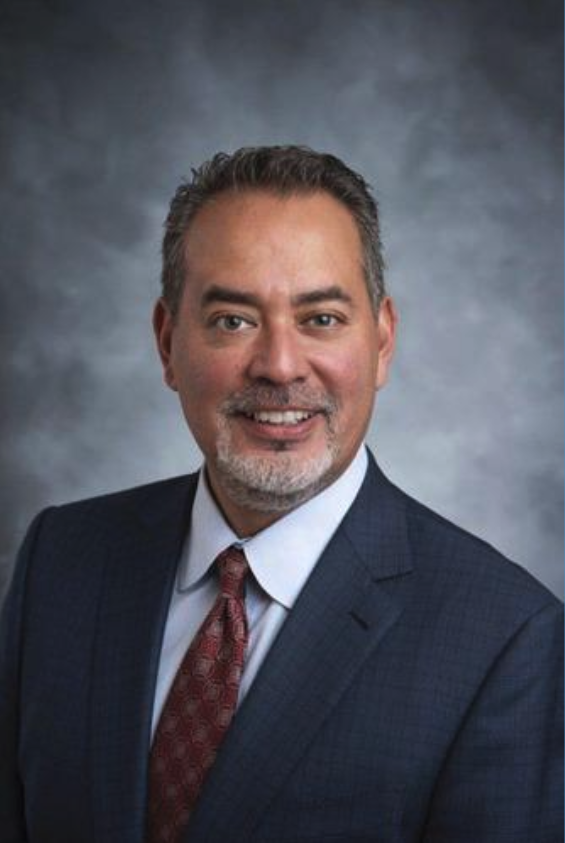By Dr. Efrem Castillo, Senior Vice President of Medicare Advantage
 There’s a real honor and joy in running your own practice. But it’s hard work. Your job includes a little bit of everything. You take care of patients. You check in with your staff. You change the paper in the copier, and even the toilet paper dispensers. You can’t take half-measures and you can’t phone it in. It’s all-encompassing. But it turns out that most work worth doing is like that. Today, as I join Aledade as its Senior Vice President of Medicare Advantage, I’m thinking a lot about those early days in my career.
There’s a real honor and joy in running your own practice. But it’s hard work. Your job includes a little bit of everything. You take care of patients. You check in with your staff. You change the paper in the copier, and even the toilet paper dispensers. You can’t take half-measures and you can’t phone it in. It’s all-encompassing. But it turns out that most work worth doing is like that. Today, as I join Aledade as its Senior Vice President of Medicare Advantage, I’m thinking a lot about those early days in my career.
Right after I completed my training in family medicine, I founded my own primary care family practice clinic – Castillo Medical Group in Texas. Over a span of five years, our small family clinic grew to three different locations, staffed by nine primary care physicians, responsible for the care of more than 10,000 patients. We were growing fast.
It was exciting, but every small business eventually hits an inflection point. At some moment, you realize that maintaining your growth takes over the work that brought you there in the first place. And because value-based care hadn’t taken off yet, I felt that I didn’t have another option than to sell my practice. So I did.
What followed was a priceless educational opportunity. When I was an independent practice, I was sure that the big health insurance companies and government regulators were in cahoots to make my job more difficult. But when I joined a larger health care company, I found out that everyone thought that someone else was in cahoots against them. To put it more diplomatically, no one felt like the different parts of the system were moving together. All the incentives were pointing against each other. As one government regulator told me, when I complained about the way a regulation was affecting primary care professionals, “I don’t make the rules. I just enforce them. They make the rules.” He was pointing at the Capitol Building in Washington, DC, just a few blocks away from his own office. I kept hearing that the problem was someone else, and eventually I realized that the solution was everyone.
That was the answer. If we want to build a health care system that really works, we have to make sure that every part of it works. We need to make sure the incentives are aligned so that everyone is heading in the same direction – better care for patients, better support for practices and better outcomes for society.
Aledade is a place built on that mission of alignment. We believe that the best way to build a better health care system is to build it around aligned incentives – making sure that the whole system, from practices to payers, patients to policymakers – is entirely focused on better health and lower costs.
We also believe that, to do that, you have to meet patients where they are. Today, growth in Medicare Advantage plans is astounding. Nearly half of all Medicare beneficiaries are enrolled in a Medicare Advantage plan, and anywhere between 1 and 2 million enrollees join every year. These patients sign up for MA for a wide variety of reasons, including supplemental benefits that they can’t get through traditional Medicare, like vision, dental and even some transportation benefits. And the types of patients who sign up for MA plans are different from traditional Medicare enrollees. The patient population enrolled in MA, for example, is nearly twice as racially and ethnically diverse as traditional Medicare.
MA is a vital and rapidly growing way for patients to get the coverage they need, and we have a responsibility to make sure that patients with MA get the benefits of value-based care, just like the tens of millions of Medicare beneficiaries who get better care through value-based care programs today.
There’s a lot of conversation happening around the country about Medicare Advantage – what does this rapid growth mean? How do we protect the patients and clinicians who work in this system? How do we ensure that this growth is paired with society’s need for better health outcomes and lower overall spending on health care?
My answer is simple: build it on a foundation of trust. A few years ago, my son invited a friend of his from school over for dinner. When I met his friend, he told me, “my dad wanted me to say hello again, and thank you.” I was confused. I didn’t remember meeting his dad before. But it turned out that I had cared for his grandfather near the end of his life – the father of this boy’s father. More than a decade ago, I had been his primary care physician. And throughout all that time, my patient’s son had not forgotten the feeling of trust that we had developed in his father’s care journey.
The connection that primary care makes with patients and communities is an unimaginably powerful force in health care. Its antithesis is the traditional fee-for-service system. By protecting and empowering primary care through value-based care, Aledade has worked with practices in nearly every state to save more than a billion dollars through more preventive, proactive primary care. And they’ve done it on a foundation of trust – the kind of trust that leads to better health outcomes, and better life outcomes.
It’s time to make sure every patient who gets care through Medicare Advantage can get that kind of aligned, trusted, empowered primary care. That’s why I’m here, and I couldn’t be more excited to get to work.



